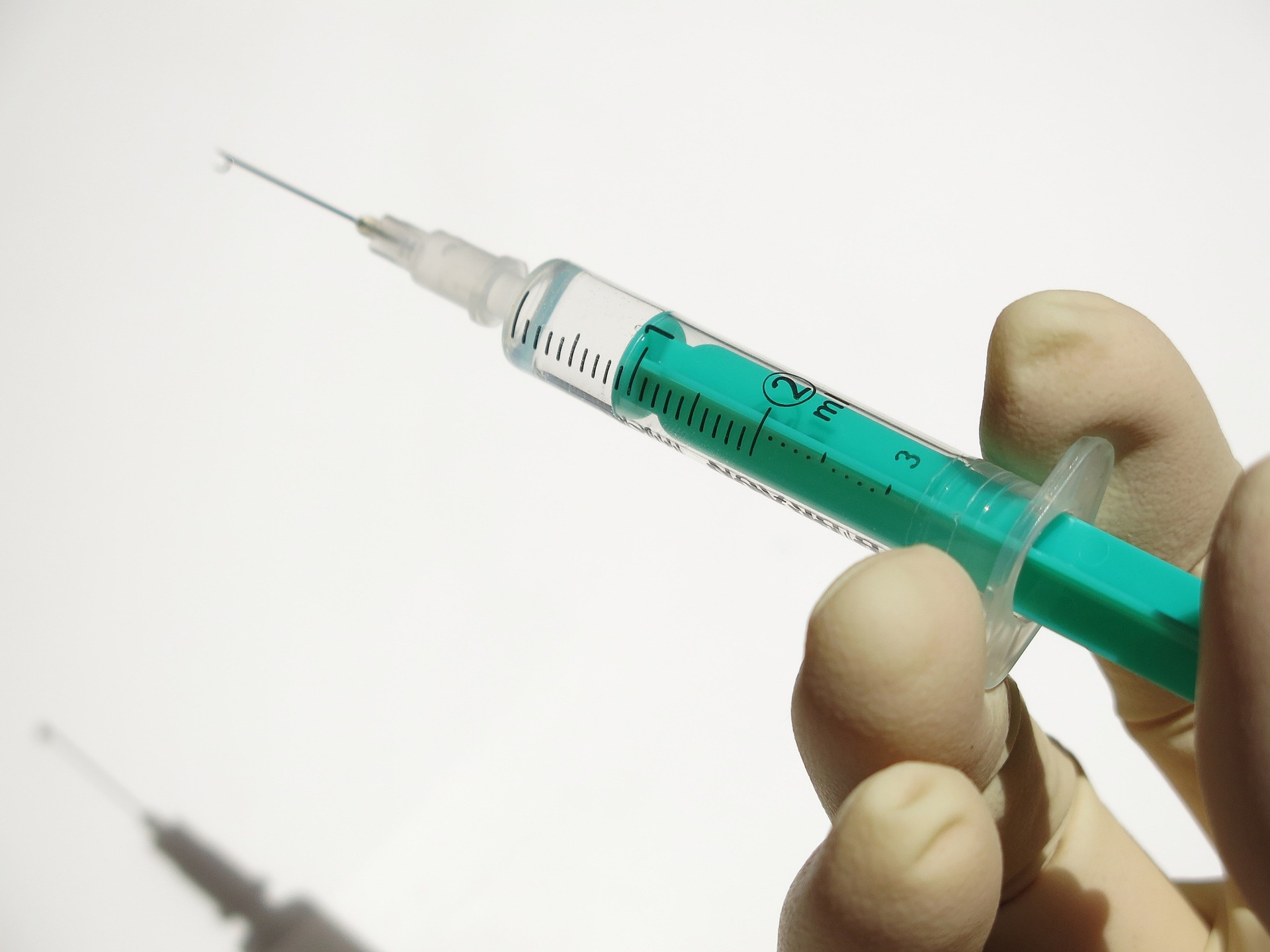Governor Wolf's sexual assault awareness month proclamation
|
 |
| Gov. Tom Wolf |
 |
Pennsylvania Governor Wolf
proclaimed April 2017 as Sexual Assault Awareness Month. The Governor cited Pennsylvania initiatives that "make a substantial difference in the awareness, reporting, and prevention of sexual assault." He said that "holding perpetrators who commit acts of violence responsible for their actions" reduces sexual assault.
DNA helps identify sexual assault perpetrators. Ideally, all DNA evidence should be used in solving sexual assault crimes. However, crime laboratory DNA methods often fail to interpret mixtures of two or more people (e.g., victim and perpetrator). Failed evidence cannot search DNA databases for perpetrators, nor can it help convict them for their actions.
To fulfill Governor's Wolf vision of better preventing sexual assault, government crime lab DNA data should be fully analyzed. Some labs choose simple analysis methods that fail to interpret evidence. Labs need to let others interpret their data when they cannot. The taxpayer has already paid for this existing data. Then better computer methods can analyze the lab's data, finding more DNA information that can solve sexual assault.
|

Supreme Court lets Arkansas execute Ledell Lee
Arkansas had a deadline before their midazolam drug expired. Eight men were slated for execution. There were issues with death row inmate Ledell Lee's trial (drunk defender, judge's affair with prosecutor, dubious forensic evidence, mental incapacity). New
DNA testing could help.
The courts weighed the expedience of drug expiration against the science of DNA testing. Ninth Justice Neil Gorsuch
cast his first Supreme Court vote with the majority in a 5-4 decision. Arkansas executed Lee last week by lethal drug injection. Drawing from news statements, Dr. Mark Perlin tells the story in his new "Justice Death"
song.
|
Helping stay executions in Harris County, Texas
Cybergenetics works on death penalty cases in
Texas and elsewhere. TrueAllele computing accurately unmixes DNA mixture data into genotypes. Comparing genotypes produces easy DNA match statistics from hard data. This powerful information can provide new evidence to stay an imminent execution.
Based on the evidence, TrueAllele computing objectively implicates or exonerates. Identifying new information in old DNA can yield previously unreported findings. Newly reported statistical exclusions can unlink a defendant from DNA evidence. Newly discovered genotypes of other people can be searched in a DNA database to find the true perpetrator. Or these new genotypes can connect the DNA evidence to someone else.
A
genotype is an individual's genetic composition. Scientists determine and compare genotypes for forensic identification.
|
|

Bringing DNA back into cases helps secure guilty pleas
When DNA mixtures are not interpreted, the evidence is lost to criminal justice. Without a match statistic, scientific and investigative work is wasted - the DNA cannot be used in court. TrueAllele computer analysis restores the DNA. With DNA evidence, a prosecutor can secure a guilty plea.
The Allegheny County District Attorney's Office obtained guilty pleas in the 2014 Pittsburgh shooting death of Andre Roberts (23). DNA mixtures were retrieved from car door handles. The county crime laboratory found the mixture data too complex to interpret, and referred the case for independent computer analysis.
TrueAllele computing resolved the door handle mixtures, statistically placing both victim and defendant DNA in the car. Jamal Daniel
pleaded guilty to third-degree murder, and was sentenced this month to 10 to 20 years in prison. Jameel Porter
pleaded guilty to voluntary manslaughter, and will serve 7½ to 15 years in prison. Cybergenetics has done over fifty DNA mixture cases for Allegheny County.
|
Cybergenetics sexual assault awareness month activities
|
|
 |
|
Dr. Ria David (left) with representatives from Chatham University and Pittsburgh Action Against Rape
|
 |
Cybergenetics empowers women by teaching the importance of DNA evidence in sexual assault. During Sexual Assault Awareness Month, Dr. Ria David lectured to college students on Pittsburgh campuses. She
spoke at Chatham University, Duquesne University, and the Community College of Allegheny County.
Dr. David
says, "It is important for students to know the truth about DNA evidence." Unlike CSI television, poor data interpretation can render DNA ineffective, impeding a sexual assault investigation. She says, "When someone is sexually assaulted, they should preserve DNA evidence for identifying the assailant." Knowing DNA issues helps victims advocate for real justice and find closure.
|
|
How groupthink leads people to believe what is false
Some DNA mixture interpretation methods do not work. For over a decade, independent studies have shown that popular mixture statistics (e.g., inclusion probability) are
inaccurate and lack a scientific basis. Yet many forensic scientists persist in calculating and reporting these false statistical methods. Why?
Neurologist Robert Sapolsky recently
reported on the brain science of conformity. He described why "people agree on something false because everyone around them is doing the same thing." Hormones provide a neurophysiological basis for promoting social conformity in the face of obvious untruths. Cold equations offer more objectivity.
|

Pennsylvania holds hearings on DNA legislation
The Pennsylvania State Judiciary Committee held hearings this month on Bill 461, proposed
legislation to improve DNA testing and post-conviction relief. Cybergenetics works with Innocence Project groups around the country, providing better DNA analysis to
assist the wrongfully convicted in proving their innocence.
Bill 461 can be improved by requiring crime laboratories to disclose DNA interpretation failure. Most labs just state why they were unable to interpret their data (e.g., "too complex," "too many people," "too little DNA"). They don't reveal that newer and better methods can interpret their complex data, using computer tools they don't have.
Disclosure alerts police, prosecutors and defenders to the fact that further data analysis can be done, beyond the crime lab. In the absence of such disclosure, criminal justice mistakenly believes that "inconclusive" is the end of the DNA road. When, in fact, it's often the start of a scientific journey outside the lab.
|
National Forensic Science Commission terminated
This month, President Donald Trump's administration told the National Forensic Science Commission (NFSC) "you're fired." The NFSC was a holdover from the previous administration that stressed setting rules over proving science. Many
applauded its departure.
|
Justice Through Science nonprofit organization formed
Justice Through Science is a new
nonprofit group based in Pittsburgh, PA. Its mission is bringing better science into criminal justice through forensic education and public service. The nonprofit will educate trial lawyers on how to introduce good DNA evidence, and keep bad DNA out of court. Justice Through Science will also provide free screening of complex DNA evidence, yielding accurate forensic information independently of government laboratories.
|
Cybergenetics gives talks about DNA evidence
Cybergenetics educates scientists, lawyers and the public about forensic DNA evidence. Chief Scientist Dr. Mark Perlin will
speak about the history and future of forensic DNA at Duquesne University's
Pioneers of Forensic Science conference honoring Dr. Henry Lee. He will
talk about forensic science and society at Pittsburgh's 2017
Pathology Informatics Summit. He will also discuss DNA technology with community groups.
At the
Mid-Atlantic Association of Forensic Scientists May
meeting in Pittsburgh, Cybergenetics Dr. David Bauer will talk about "Validating TrueAllele® genotyping on ten contributor DNA mixtures." Forensic analyst Jennifer Hornyak will present "To include or not to include: the extent is the question." Supervisor William Allan will give a presentation called "Machines can work it out: automated TrueAllele® workflow."
|
|
|
|
|